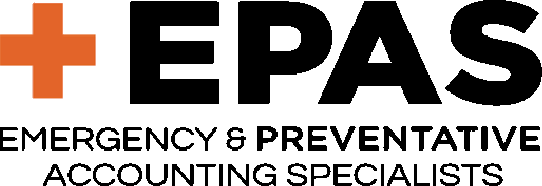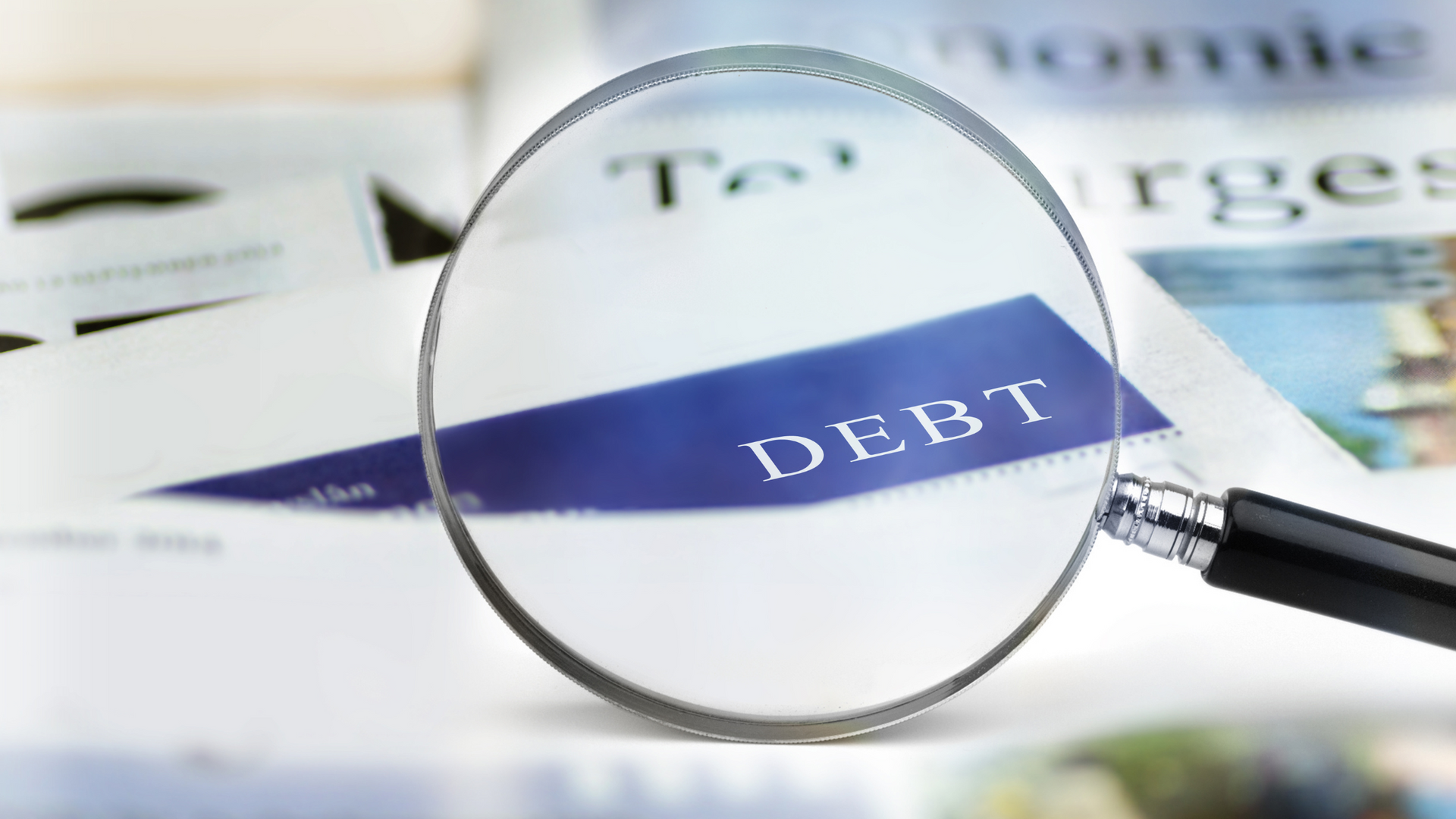The Black Economy: using cash to avoid tax or wage payments
A key consideration of the type, collection and purpose of the original GST was how to expand the collection of revenue within the Black Economy. Riding on a printed bank note, enshrouded in secrecy, it is estimated that revenue through lost taxation in 2018 due to the cash or hidden economy by the Australian Bureau of Statistics stands at 21 Billion.
Why Do We Use Cash?
Transactions paid in cash are more expensive than a card or electronic transactions. Mastercard CEO, Ajay Banga speaking at the Stanford School of Business suggested circulating cash costs 0.5 – 1.5% of a nation’s GDP. In a humble, informative interview he claims, “cash is the friend of the rich, the enemy of the poor”. Cash allows individuals not just to avoid tax (as seen in the Commonwealth Banks cash deposit laundering scam) but funds people trafficking, drugs, guns and child prostitution and illegal gambling.
Simultaneously, 40 million Americans and 95 million Europeans don’t have bank accounts. Foreign aid that is channelled through NGOs sees approximately 40% stolen prior to its distribution to the world’s poor.
The fallacy is that it is the poor who need cash that has no foundation. What they really need is an identity, the ability to save and make online purchases, or pay for higher education online.
SMEs are often at the head of the queue to take ‘black payments’, a discounted rate for non-declared income. They have been lulled into a false sense of security.
Watch more > Ajay Banga at Stanford Business School
The ATO’s War on the Black Economy
There is no doubt about it; Big Data and the Internet of Things are following you everywhere.
Have you recently downloaded your Facebook data since the dawn of your online life? Who do you read about, and how do you feel when you search Google using your own name, business or address?
It is nothing to fear . . . unless you are being paid or paying for goods and services using cash without declaring the income or paying the GST.
Transparency or the Black Economy
It's a reality, you can’t have both. Either you are conducting a real business in the real world; or you are working within the wrong structure, making consistent losses and building up a row of red flags on your ATO profile.
An Assistant Commissioner of the ATO has stated, “In the first six months of 2017-2018, the ATO has raised $143 million tax and penalties from its cash and hidden economy compliance activities. It has also implemented a range of measures to prevent, detect and deter tax evasion including data matching, small business benchmarking, reviews and audits.”
In the article, AC Bambrick said that now that most small businesses offer electronic payments, only accepting cash raises a red flag because it provides the opportunity to not accurately report all their income.
“We encourage businesses that take cash payments to invest in an electronic payment facility to make payments quicker and easier and help them to track their business activities and keep accurate records,” he added. “These days, most Australians expect to be able to pay electronically, so it’s also in business’ best interest to provide electronic payment options, like the card and mobile payments.”
ATO staff have been visiting businesses across the country to help them make sure their cash adds up. It has been focusing on industries that typically have high cash transactions or only take cash, like restaurants, cafes, pubs, hairdressers, and beauty salons.
“Some businesses we’ve visited in other areas have needed to improve their record keeping. Our staff have seen cash from sales being put in boxes, or straight into wallets, and open cash register drawers. Some businesses just guess their income because they tell us, they don’t keep good records.” Bambric said.
Casualties of War
Casualties and collateral damage are a fact of war. The ATO is issuing automated Director’s Penalty Notices or Please Explain Notices based on business benchmarking and data matching. There simply is no longer a question of “IF” you will be caught; it is a matter of when and how much the penalty or jail term will affect your life.
High-profile cases focus on non-compliance with employee superannuation or entitlement payments. These form the tip of the iceberg.
Whilst the ATO wields a powerful, punishing stick; it understands that the best way to gather taxes for infrastructure, health and education, is by training business owners in systems management, reporting systems and using professionals with taxation and bookkeeping skills.
We don’t want you to be a casualty, therefore we offer a 2nd Opinion on your taxation records. Now is the time your accountant should be reviewing your taxation planning and implementing processes and payment time schedules to minimise your tax.
Introducing the Author
Catherine McMurtrie is the CEO of EPAS: Emergency and Preventative Accounting Systems. During a decade at the forefront of helping SMEs operate profitably, it became apparent that the biggest issue impacting business profits was the taxation they paid, often unnecessarily. A member of the Institute of Public Accountants, her professional knowledge, clear perception and the ability of her team to deliver significant profits make EPAS the lifeline many businesses require.



